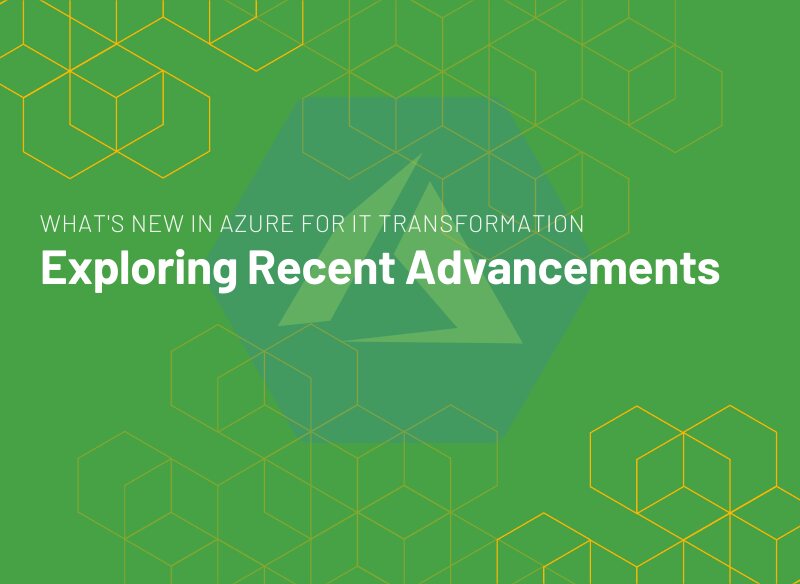
What’s New in Azure for IT Transformation
Discover the cutting-edge advancements driving IT transformation in our latest blog, What’s New in Azure for IT Transformation.


© 2024 Crivva - Business Promotion. All rights reserved.